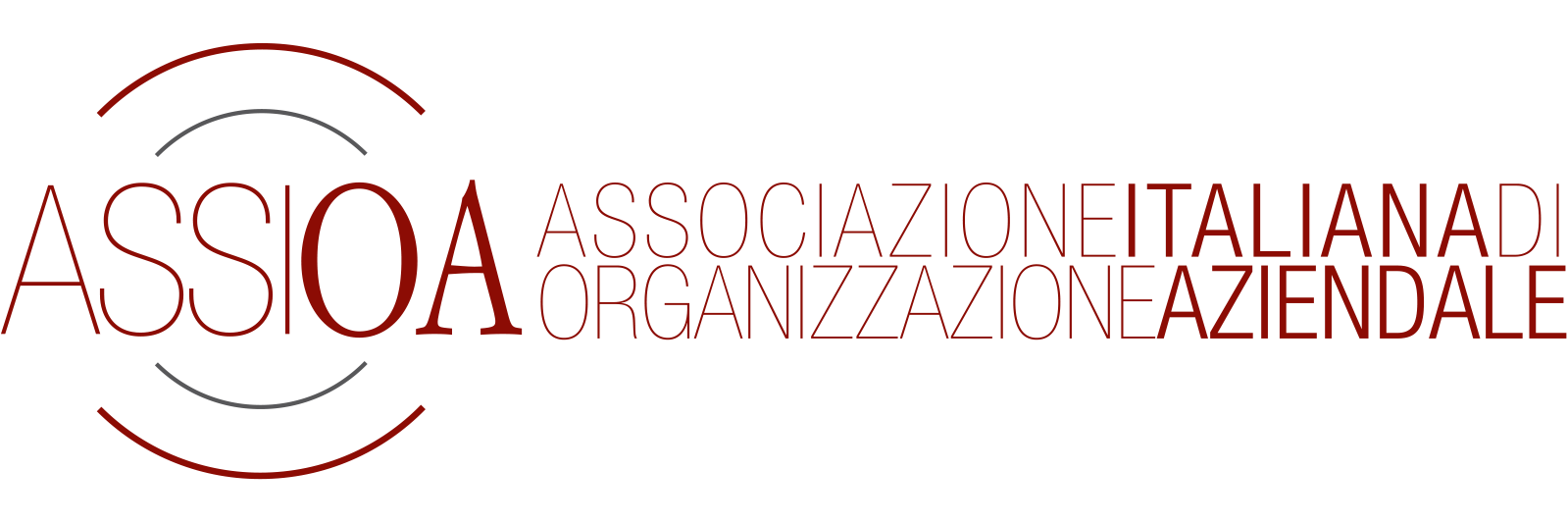AIB mini-conference in Bocconi University, Milan, Italy
October 30-31, 2015
CALL FOR PROPOSALS
Breaking up the global value chain: Possibilities and consequences
Key-note speakers:
Juan Alcacer, Harvard Business School
John Cantwell, Rutgers Business School
Conference organizing committee:
Arnaldo Camuffo, Torben Pedersen
Bocconi University
Stefano Elia, Lucia Piscitello
Politecnico di Milano
Deadline for submission of extended abstract
September 1st
Conference website
http://valuechain.unibocconi.eu)
Info
Technological and institutional changes have increasingly enabled companies to reconfigure their global value chain and combine the benefits arising from specialization and increased flexibility with location advantages (e.g. through fine-slicing, modularization and disintegration of their activities). As a consequence, knowledge-intensive activities (e.g. R&D, design, marketing etc.) have been typically centralized in the home country or offshored to other advanced economies, while manufacturing and other more standardized activities have been offshored to emerging countries mainly to exploit cost advantages (Mudambi, 2007; Contractor et al., 2010). However, recent developments are challenging this traditional separation between advanced and emerging economies as host of knowledge- and production-intensive activities, respectively. On the one hand, companies are increasingly delocalizing knowledge-intensive functions to emerging economies, thus giving birth to a “new era” of offshoring. On the other hand, some companies are relocating production activities from emerging countries back to their home countries, thus triggering the so called “back-shoring” of manufacturing activities. While the drivers of the first phenomenon can be generally ascribed to the evolution of emerging countries, the drivers of the second trend are less investigated, but are associated with development of new flexible manufacturing technologies (like robots, 3D-print etc.), customer preferences for less standardized products and changes in comparative costs.
Within this context, recent research has started to emphasize the role of intraorganizational relationships and linkages among the different parts of the value chain. In particular, innovative and productive activities are affected by strong interdependencies and complementarities (Berry, 2014), and for some companies the co-location of R&D and manufacturing is critical for development and innovation (Alcacer and Delgado, 2014). Hence, the loss of manufacturing capabilities might also imply the reduction of innovation competencies (Pisano and Shih, 2012). The increasing awareness of these interdependencies explains the recent incentives from policy makers in advanced countries that aim to promote their manufacturing activities.
Companies face several trade-offs when considering whether to offshore: short-term costs typically talk for offshoring, while long-term effects on competitiveness and innovativeness are less well-known. Statistical evidence on the long-term effects is still quite scant, and research has just started to investigate them empirically and conceptually.
These issues pose major research challenges for scholars working not only in the field of International Business, but also in areas such as Economic Geography, Operations and Supply Chain Management, International Economics, and Political Science. This conference aims at bringing together researchers from all these different fields in order to benefit from broad discussion and multifaceted perspectives.
Papers are invited for the topics listed below. Papers in other related areas are welcome as well.
- What are the consequences of breaking up the global value chain and which possibilities is this offering?
- Under what conditions is it beneficial to keep the different business activities in the same location rather than splitting and decentralize them across companies and countries’ boundaries? What are the organizational challenges?
- What are the benefits and costs associated with offshoring? Are there any hidden costs of offshoring? Who is benefitting from offshoring? Is it society at large, customers, employees? What are spill-over effects of offshoring?
- What are the macro-economic and institutional conditions explaining the new international fragmentation and geographical dispersion of the value chains? How has the relevance of location factors changed and affected the new era of offshoring and back-shoring phenomena?
- What are the challenges for policy makers? What can be done in order to promote the manufacturing activities in advanced countries?
Submission guidelines
Participants who wish to present their research at the conference are invited to submit an extended abstract not exceeding 1,000 words through the conference website no later than September 1st 2015.
At least one author must register for the conference. If more than one author presents the paper, each presenter must register.
Further submission guidelines can be found at the conference website http://valuechain.unibocconi.eu or by writing to valuechain@unibocconi.it
Notification of paper acceptance will be communicated by September 14th 2015.
Timeline
– September 1st 2015: Extended abstract submission
– September 14th 2015: Acceptance decision
– September 28th 2015: Early registration deadline for conference



